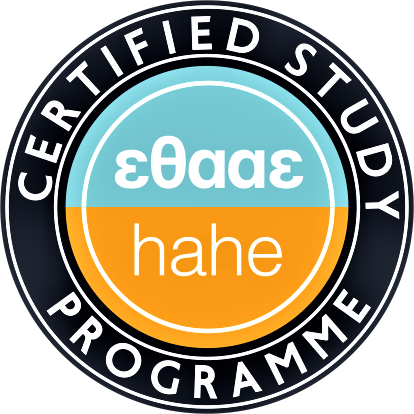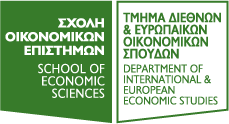International Organizations
TYPE OF COURSE : Compulsory for the specialization “International and European Political Economy”
NUMBER OF CREDITS ALLOCATED: 6 ECTS credits
OBJECTIVE OF THE COURSE : Upon completion of the course, students will be able to understand the domestic functions of the International organisations and their role , as institutions, in international politics. Furthermore students will be able to comprehend the position of IOs in the governance of international security and political economy. In parallel, students will be in a position to know the conditions under which synergies between IOs are evolved.
PREREQUISITES: ---
COURSE CONTENTS: International Organisations (IOs) as a concept and institution of the International Society. Typologies of IOs. Roles, functions and decision-making processes of IOs. The Historical development of IOs: From the Concert of Europe to Hague Conferences. The League of Nations (institutional structure, decision-making, roles). The United Nations (institutional structure, decision-making, roles). The UN and peaceful settlement of disputes. The UN and collective security. IOs and the management of international economy: IMF, World Bank and G-8. Synergies between global and regional organisations.
RECOMMENDED READING
- A.Leroy Bennett, International Organisations. Principles and Issues (New Jersey, Prentice Hall, 2015)
- Inis Claude, Swords Into Plowshares (New York, McGraw-Hill, 1984)
TEACHING METHODS: 1) Classroom lectures, 2) Literary analysis, 3) Interactive teaching, and 4) Essays/reports
Assessment methods: 1) Written examination at the end of the semester (100%) or 2) Written examination (90%) and Project (10%)
LANGUAGE OF INSTRUCTION: Greek





 Patision 76
Patision 76 2108203 106 / 2108203 107
2108203 106 / 2108203 107 
